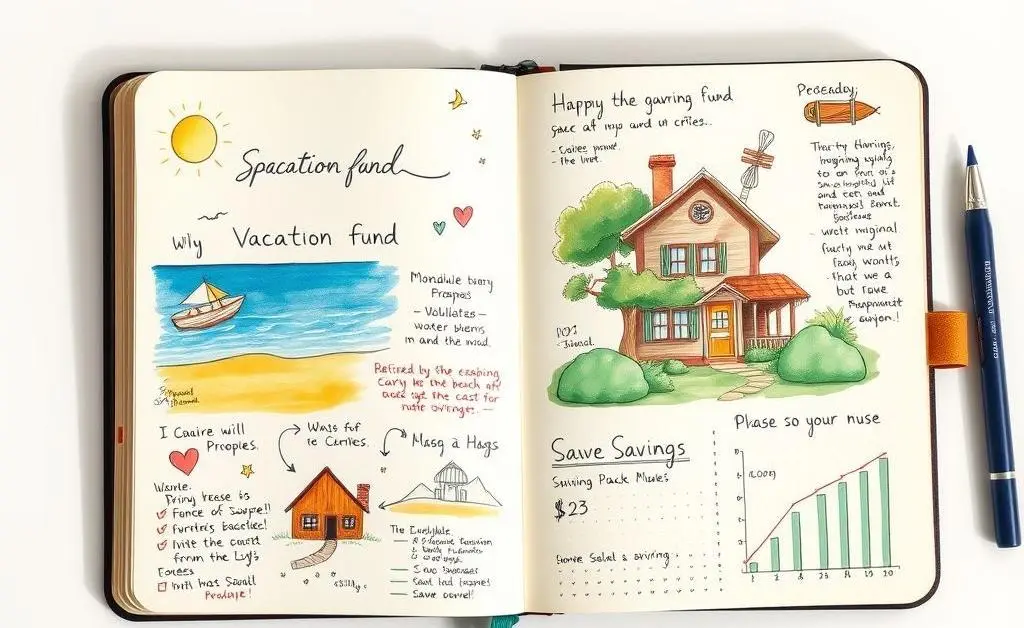Mastering Your Budget: Simple Tips for Financial Peace of Mind
Learn how these practical budgeting tips can help you achieve financial peace of mind.

Have you ever felt like your money is playing hide and seek with you? You make it, save a bit, but then poof—it's gone, and you’re left scratching your head. We've all been there! Learning how to manage your budget can seem daunting at first, but it’s one of the most worthwhile skills you can develop for financial security and peace of mind.
The Art of Budgeting
Budgeting isn’t just about cutting coffee or skipping nights out. It’s about understanding where your money goes and making it work for you. Think of it as having a well-organized closet—everything has a place, and you know exactly where to find what you need.

Getting Started: The Basics
To kick off your budgeting journey, start with these simple steps:
- Track Your Spending: Spend a month jotting down every expense. You'll be surprised where the money goes!
- Set Clear Goals: Determine what you're saving for—a vacation, new gadget, or an emergency fund.
- Create Your Budget: Use the 50/30/20 rule as a base: 50% for needs, 30% for wants, 20% for savings.
Once I decided to save for a solo trip, I followed these steps. Tracking daily expenses felt tedious at first, but once I saw the patterns, I could adjust effortlessly. My favorite part was watching my savings account grow!

Tips for Sticking to Your Budget
Staying on track requires consistency and a bit of creativity:
- Automate Savings: Set up automatic transfers to your savings account each payday. This way, saving becomes an effortless part of your routine.
- Use Apps: There are plenty of apps that can simplify budgeting, categorizing expenditures, and sending alerts.
- Reward Yourself: Allow for small rewards when you reach savings milestones. This keeps motivation high!
Remember, budgeting isn’t about restriction—it’s about recognition. Recognize your financial habits and become consciously aware of how and why you're spending.

Achieving Financial Peace of Mind
Once you’ve mastered your budget, you’ll feel more in control of your finances. It’s not just about saving; it’s about making informed decisions that align with your values.
Budgeting is a journey, not a destination. What financial goals will you set for yourself in the coming months?




